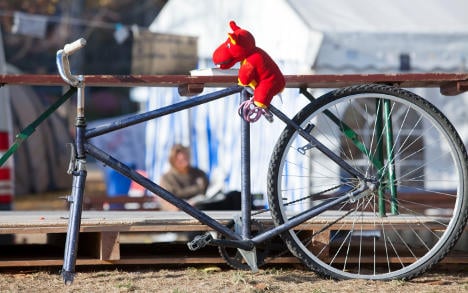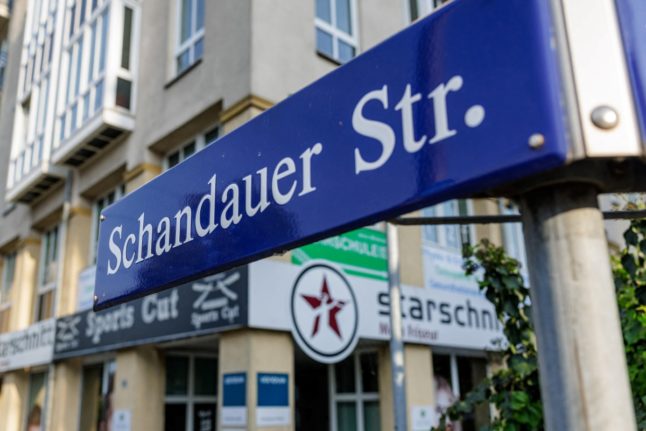But it wasn’t Germany’s sprawling metropolises that recorded the highest rate of bike theft, but its middle-sized cities, the study for online personal finance forum Geld.de found. Münster in North Rhine-Westphalia had the unhappy position of being in top spot, while Oldenburg, Celle, Frankfurt an der Oder and Dessau-Roßlau followed close behind.
Out of the 127 towns and cities surveyed in Germany, Münster was 257 percent of the national average, with 1,828 bikes stolen per 100,000 inhabitants. This was three times as many thefts as in Berlin.
Geld.de described over 30 percent of German cities as “unsafe” for those wishing to keep hold of their bicycle.
Down the road from Münster, Remscheid was found to be the town with the lowest rate of bike theft, with only 36 thefts per 100,000 inhabitants reported in 2010. Of the bigger cities, Stuttgart was found to be one of the safest, with just 139 per 100,000 reported.
Regarding the prevalence of unsolved bike crime, Düsseldorf police spokesman Andreas Schogalla said, “In such incidents there are rarely any clues to lead us to the culprit. The lock is broken and the bike is simply gone.”
The survey also found that there was no strong correlation between the average income of a town’s inhabitants or geographical location and the rate of bicycle theft. It is, according to Schogalla, more down to “the carelessness of bike owners.”
“So many locks are inadequate, and some cyclists even forget to lock up their bike at all,” he said, pointing out that most bike locks can be cracked in seconds by lock cutters, which can be easily concealed by thieves in a backpack or under a jacket.
2010’s results were not all negative, however, as the number of bike thefts nationwide has dropped 11.2 percent since 2009.
Top five towns and cities with the highest theft rate, per 100,000 inhabitants
Münster, North Rhine-Westphalia – 1,828
Oldenburg, Lower Saxony – 1,521
Celle, Lower Saxony – 1,361
Frankfurt Oder, Brandenburg, – 1,341
Dessau-Roßlau, Saxony Anhalt – 1,268
Top five towns with the lowest theft rate, per 100,000 inhabitants
Remsheid, North Rhine-Westphalia – 36
Neunkirchen, Saarland – 50
Balingen, Baden-Württemberg – 59
Wuppertal, North Rhine-Westphalia, – 59
Suhl, Thuringia – 61
The Local/jcw



 Please whitelist us to continue reading.
Please whitelist us to continue reading.
Member comments